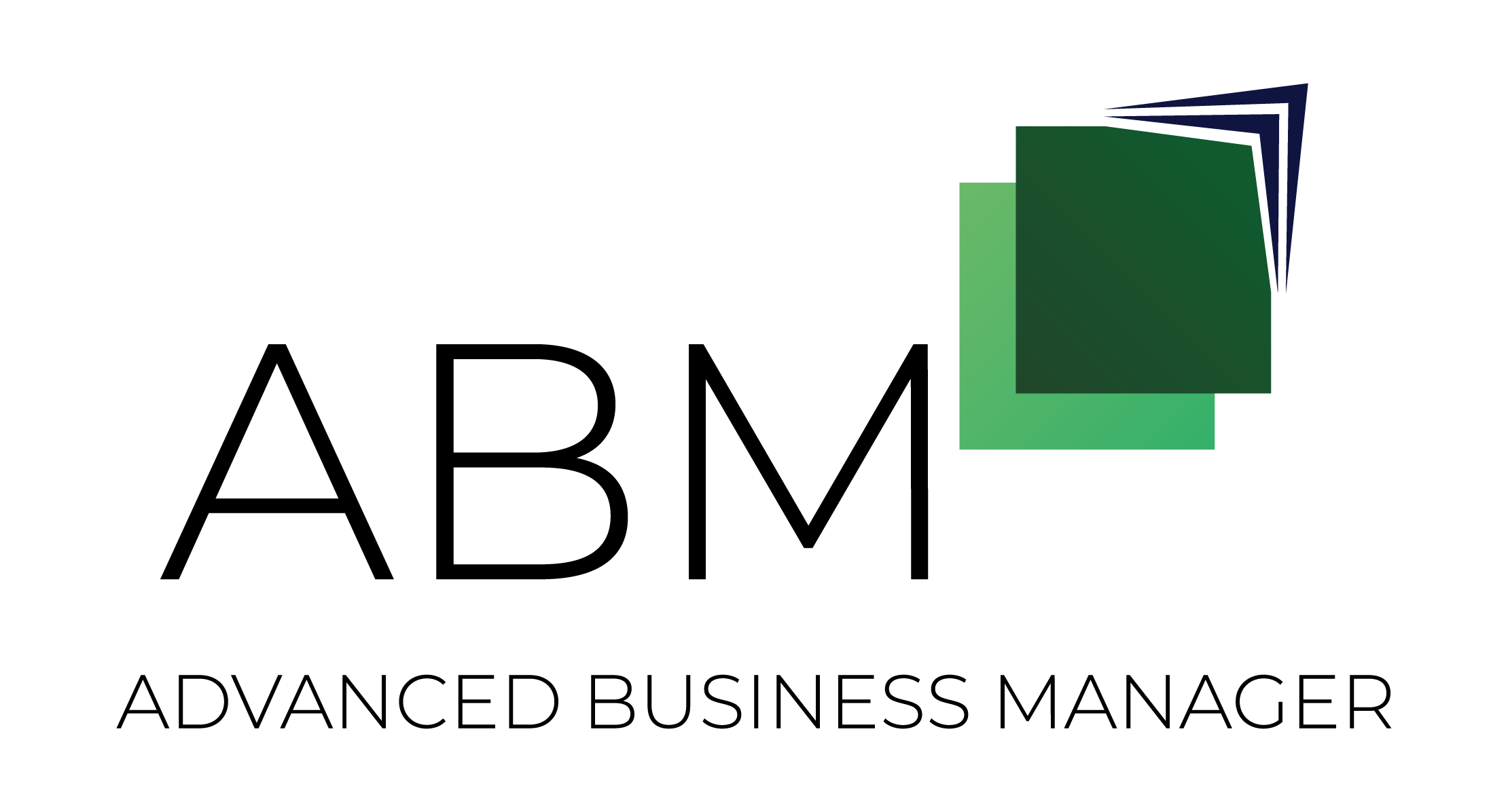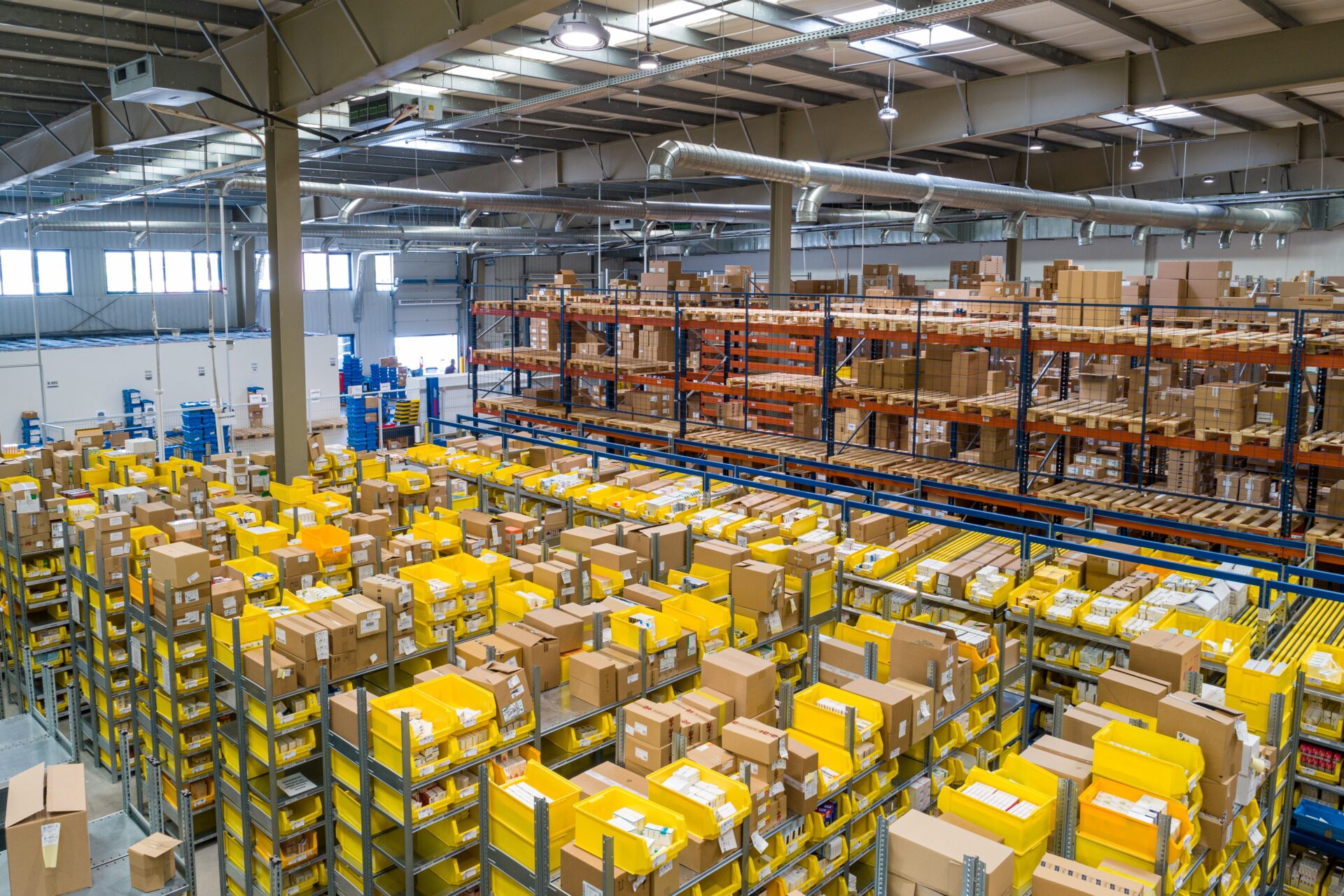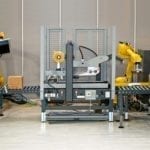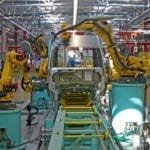In a world of innovative competition, Wholesalers in New Zealand are being urged to update their digital data, coordination, and customer services, or be at risk of being outdone by their competitors.
Westpac New Zealand’s latest report indicates that the wholesale industry faces a dim outlook if they fail to innovate with over 16,700 at risk companies.
While the wholesale sector did generate $138bil in the fiscal year of June 2022, Westpac industry economist Paul Clark says this was mostly done using older business practices, rather than using newer analytical and data tools employed by newer and more savvy market entrants.
“(Amazon’s) absence here is often cited as a key reason why wholesaling in New Zealand lags its offshore peers,” Clark said, adding that change would be inevitable.
Amazon’s business model, which insiders describe as “customer obsession” means expectations are raised in terms of responsiveness to the needs and demands of the customer, and this has created opportunities where the tech savvy market entrants can and are looking to bypass wholesalers all together.
“Firstly, they need to expand their ecommerce offering,” Clark said.
“That means providing online customer portals with self-service and engagement options, establishing their own AI-enabled electronic marketplaces, and leveraging off the advertising muscle and reach of social media.”
They also needed to make it easier for customers to transact with them, whenever and wherever they wanted, given the increasing use of mobile and social media engagement.
“Thirdly, wholesalers will need to automate and integrate their inventory and supply chain processes.”
Wholesalers would need to consider investment in digitally enabled machinery and equipment to improve accuracy, speed, and agility, which would in turn create additional services that others could not provide, Clark said.
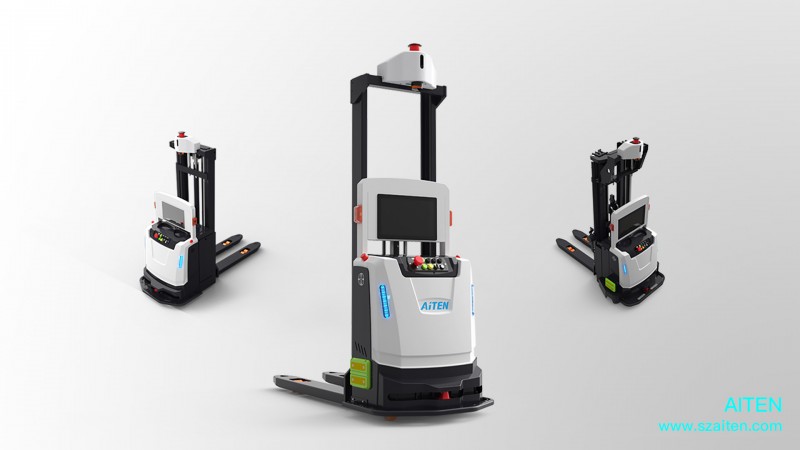
Examples of advances in automation included automatic storage and retrieval systems (AS/RS), autonomous guided vehicles (AGV) and robots (AMR), Goods to Person systems (GTP), shuttle/sorting equipment and unmanned aerial vehicles (UAV).
“Finally, wholesalers will need to boost their analytical capabilities. More informed decision making across all parts of the business is key if wholesalers are to reduce the threat of being bypassed by new market entrants.”
These types of changes may appear costly to a wholesaler and will take time and money to implement with some technologies taking a decade to adopt to be required to compete, Clark said.
However, you can start these changes today with ABM. With a modular approach, you only ever pay for what you need, and the automation processes and integrations are heads and shoulders above the competition.
Contact your representative today to find out how ABM can help you.
